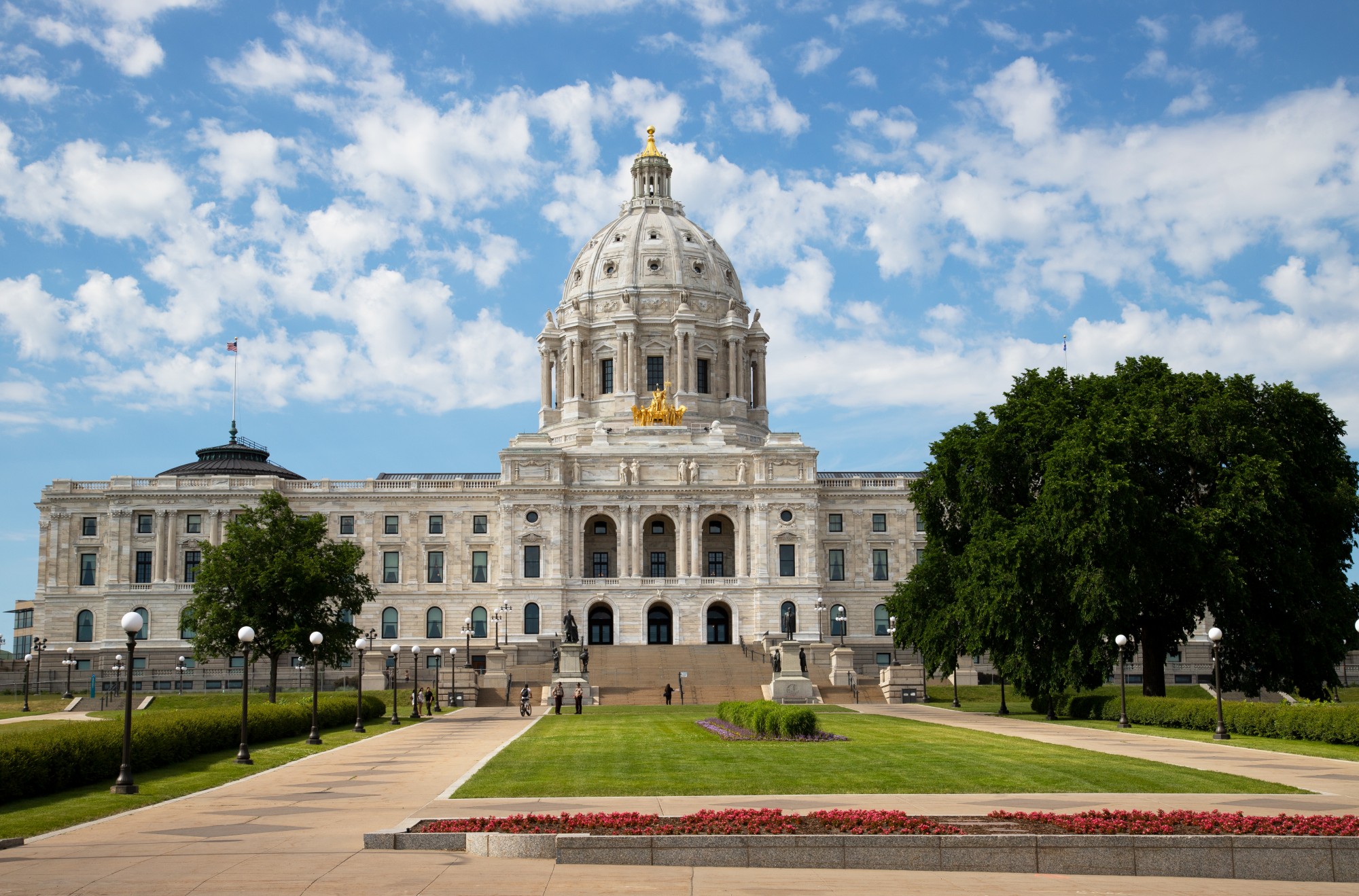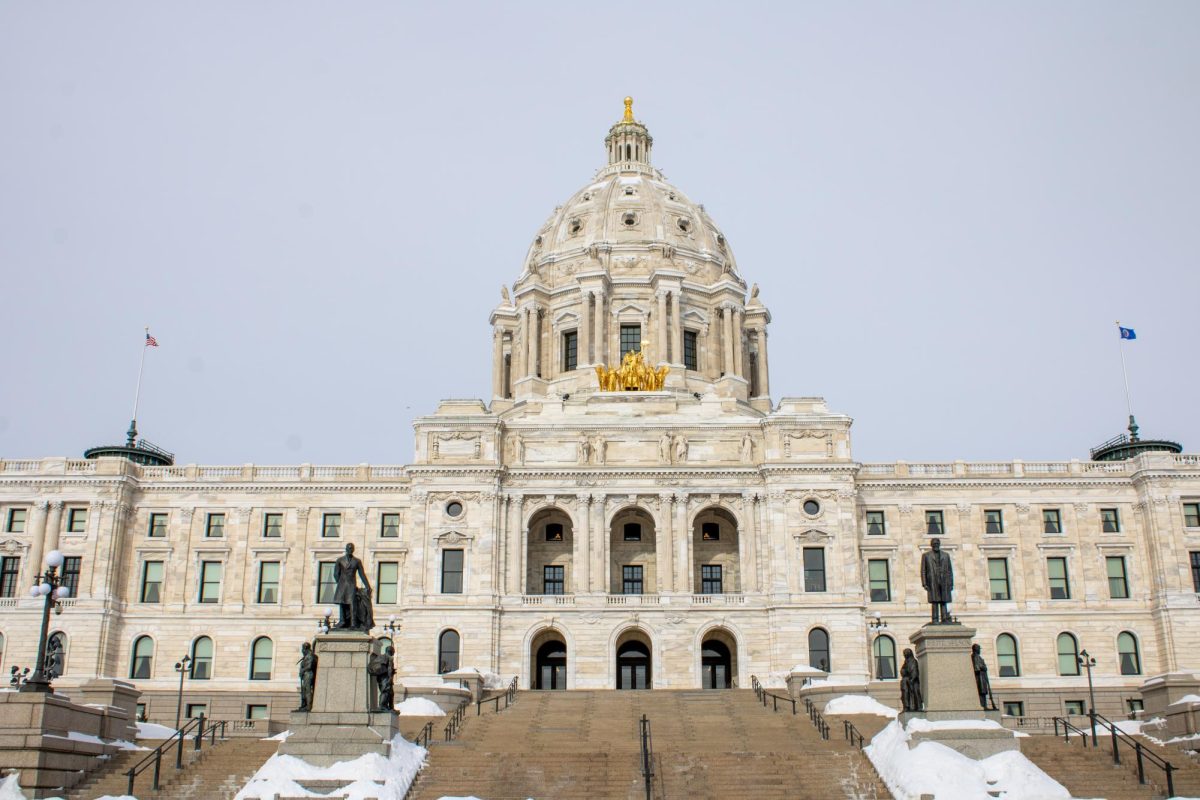Minnesota lawmakers say they are hopeful they can pass a key infrastructure bill, including funding for several University of Minnesota projects, but some challenges remain in the way.
The Legislature convened Monday for its second special session of the year. Last month, lawmakers were unable to pass a bonding bill during the first special session, with the Senate adjourning before an agreement was reached. House lawmakers are currently looking to pass a $1.8 billion bill, including around $75 million for the University.
The University initially requested $317.2 million for projects across the campus system. Major projects include improvements or new construction for the Child Development Building, A.B. Anderson Hall on the Duluth Campus and a new chemistry teaching laboratory.
House lawmakers passed the bonding bill out of committee Tuesday on a party-line vote. Several Republicans lawmakers raised concerns over the bill, including Rep. Greg Davids, R-Preston. Davids said he was worried about language added to the bill that does not have to do with bonding projects, including several tax provisions.
“This bill’s not going anywhere. We don’t have the votes to pass it [through the House],” Davids said during the committee meeting.
Rep. Mary Murphy, DFL-Hermantown, chair of the House Capital Investment Division, said the bill’s size and scope has been agreed upon by leaders on both sides of the aisle. But the bill will require a three-fifths majority of votes to pass the House.
“It is a bill addressing immediate needs and emergencies in the state,” Murphy said during the committee. “It will work, and it will put Minnesotans to work.”
Included in the House bill is the University’s complete $29.2 million ask for the Child Development Building and $4.4 million ask for A.B. Anderson Hall, which were both included in requests from previous years. The chemistry laboratories would receive around $3 million of the $65.6 million ask.
The most recent bill places less of an emphasis on general maintenance funding than previous proposals, with around $38 million going toward Higher Education Asset Preservation and Replacement.
The University initially requested $200 million in HEAPR to help address a nearly $5 billion backlog in projects. The school has requested $200 million in HEAPR for the past two years.
“[The proposal] gets us in a good position for those three projects. We … certainly would like to see the number go up for HEAPR,” said JD Burton, chief government relations officer at the University.
Burton also noted the importance of funding projects this session after a bonding bill failed last year. Projects tend to get around 4% more expensive each year, he said.
“The delay in funding them only means that it costs more money to do it. But the need has not changed. If anything, they need to be getting more significant,” Burton said.
Bonding bills must originate in the House. Senate Majority Leader Paul Gazelka, R-Nisswa, said his chamber is ready to start the process next week after a bonding bill passes in the House.







